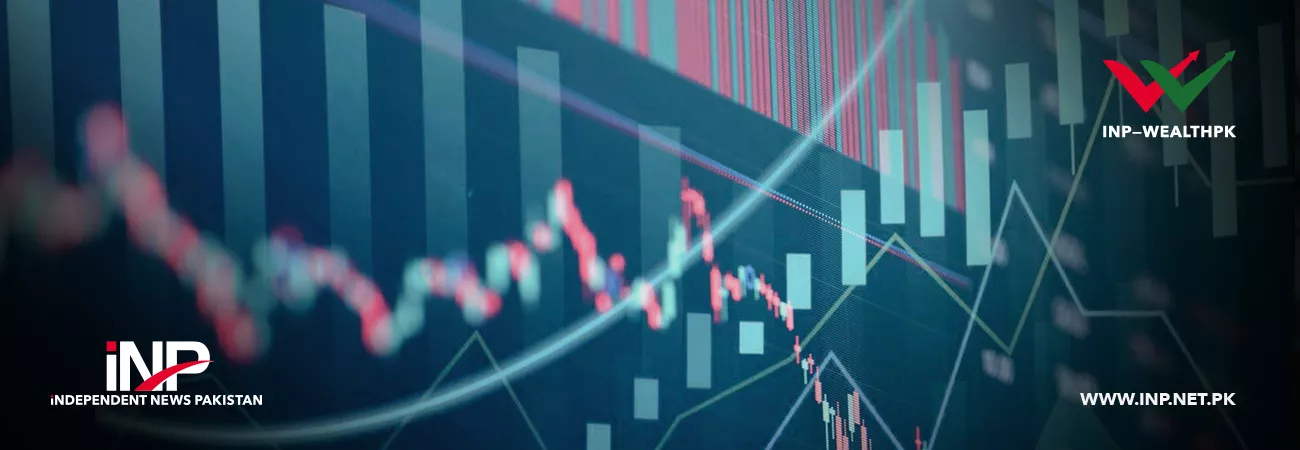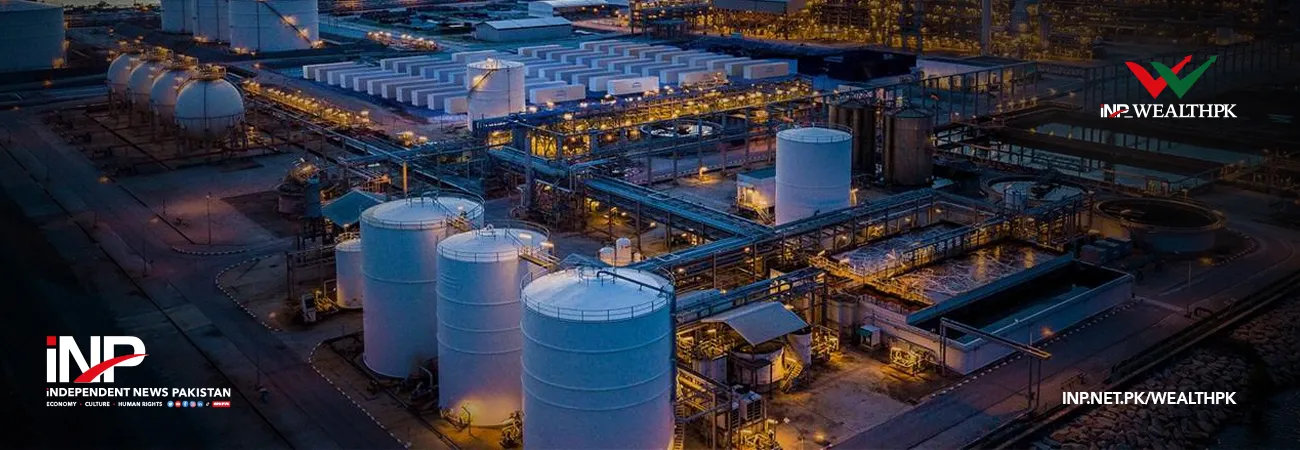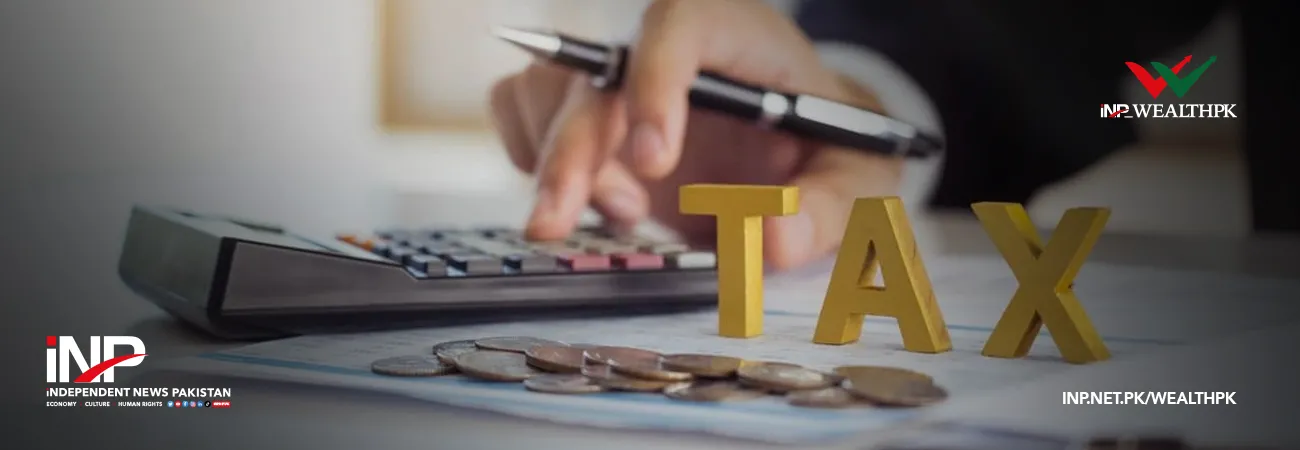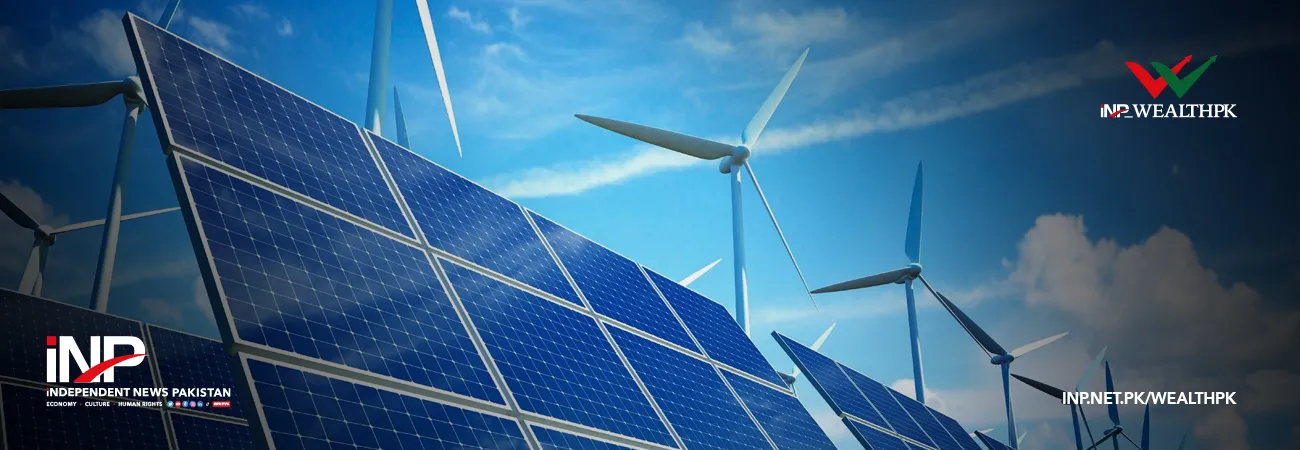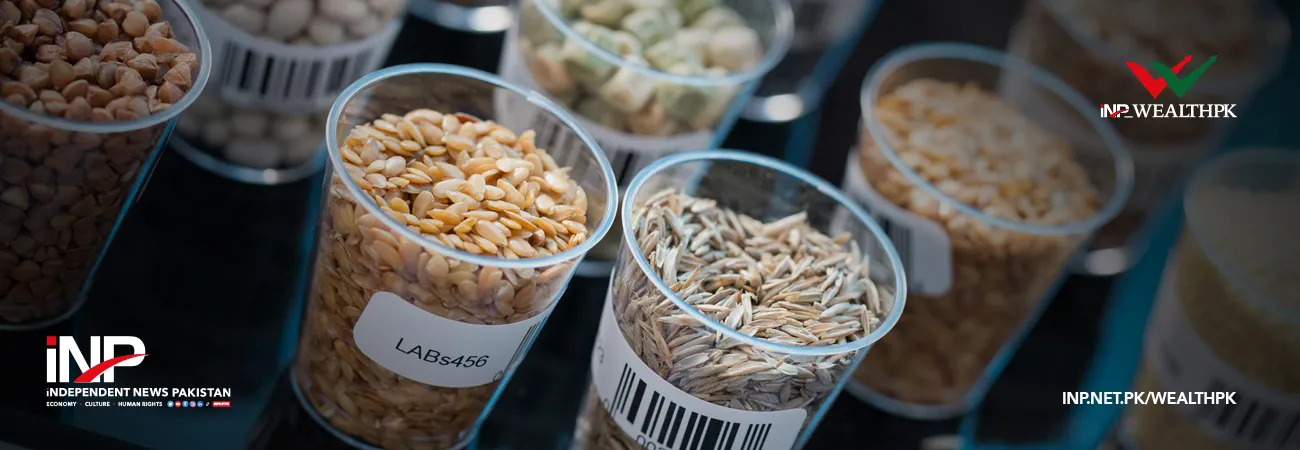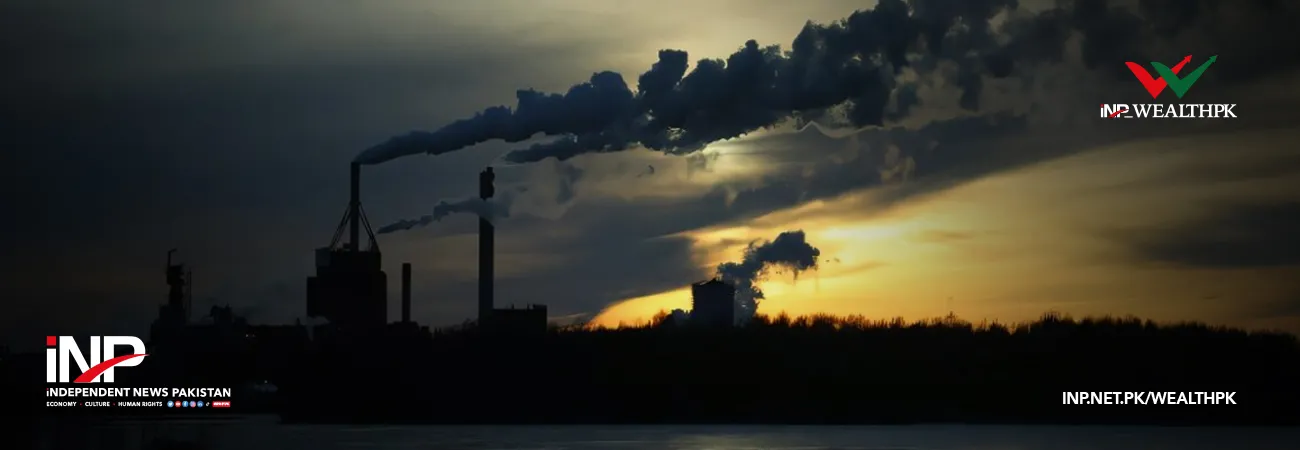INP-WealthPk
The Federation of Pakistan Chambers of Commerce and Industry’s Businessmen Panel (BMP) has asked the government to implement fiscal and energy reforms to strengthen the economy and ensure sustainable growth, as trade and industry are experiencing the aftershocks of the IMF programme.
In a statement received by WealthPK, FPCCI former president and BMP Chairman Mian Anjum Nisar stressed the need for consistent economic policies to restore macroeconomic stability and market confidence, as $ 1.5 billion production losses have been estimated on account of loss to the cotton crop only due to recent flooding.
So, the government must provide continuous electricity and gas supply at competitive rates to exporters and the domestic industry, he demanded. He highlighted that Pakistan is among the countries most affected by climate change, which caused devastating damage to infrastructure and agricultural production.
According to Mian Anjum, trade and industry have been enduring the IMF programme for decades, but never before has it been so devastating, due to the country’s exceptionally fragile economy and the fund’s non-negotiable condition of withdrawing all subsidies with no exemptions or waivers.
He said that Pakistan’s precarious financial situation has landed it into a deep debt trap. This is because an overwhelming part of tax revenue is consumed in debt servicing alone, he added.
The Debt Policy states that on June 30, 2022, Domestic Public Debt reached Rs31.3 trillion compared to Rs26.2 trillion on June 30, 2021. The key drivers for the increase in public debt are the primary deficit of Rs2.42 trillion, interest expense of Rs3.18 trillion and the share of adverse performance of exchange rates that stood at Rs3.764 trillion, he added.
Similarly, on the external front, Pakistan’s External Public Debt is recorded at $ 88.8 billion on June 30, 2022 compared to $ 86.5 billion on June 30, 2021, the Businessmen Panel chairman said.
He said that Pakistan’s external public debt is sourced from three major sources, with around 48% from multilateral loans, 30% from bilateral loans, and 22% from commercial sources like banks, Eurobonds and Sukuks. The increased level of external debt can pose a serious risk to the fiscal framework of an economy especially when current account deficit is high, foreign exchange reserves are at low levels and the exchange rate is under pressure, he added.
Pakistan’s GDP growth since 2018 has been continuously declining and rated as the lowest in the region, Mian Anjum said. The revenue targets are being met through oppressive and indirect taxation measures which on the one hand are raising the cost of doing business and on the other, making it tough for small and medium enterprises, which are considered as backbone of the economy, to carry on their operations, he added.
The FPCCI former president said that the government is not ready yet to undertake structural reforms agreed with the IMF related to circular debt and management of state-owned enterprises (SOEs). Moreover, reliance on indirect taxes to meet revenue goals is also a major concern, meaning that government should improve its taxation system if it wants to create a business-friendly environment, he added.
Pakistan needs a comprehensive plan to revamp or privatise the SOEs as a significant portion of its revenue is directed towards these loss-making entities whereas the same can be used for developmental projects to facilitate businesses and the public at large, he said. Such projects will not only improve the infrastructure but also help to generate sufficient revenue to invest in the social sector, he added.
Mian Anjum Nisar said this would enable the government to meet its financial obligations through organic means rather than relying on expensive borrowings.
Similarly, exports, home remittances and a positive foreign direct investment balance can offset import requirements, he said. Pakistan’s reliance on traditional exports is responsible for poor foreign exchange reserves. Keeping in view the new era of industrial revolution, Pakistan should focus on tech-based exports to increase the share of its exports, he added.
Pakistan’s economy has been under adverse external conditions, due to spill overs from the Ukraine crisis and domestic challenges, including accommodative policies that resulted in uneven and unbalanced growth, he said. Steadfast implementation of corrective policies and reforms remains essential to regain macroeconomic stability, address imbalances and lay the foundation for inclusive and sustainable growth, he added.
The BMP chairman said efforts to strengthen the viability of the energy sector and reduce unsustainable losses are also essential. Further efforts to reduce poverty and protect the most vulnerable by enhancing targeted transfers are imperative, especially in the current high inflation environment, he added.
Credit : Independent News Pakistan-WealthPk



